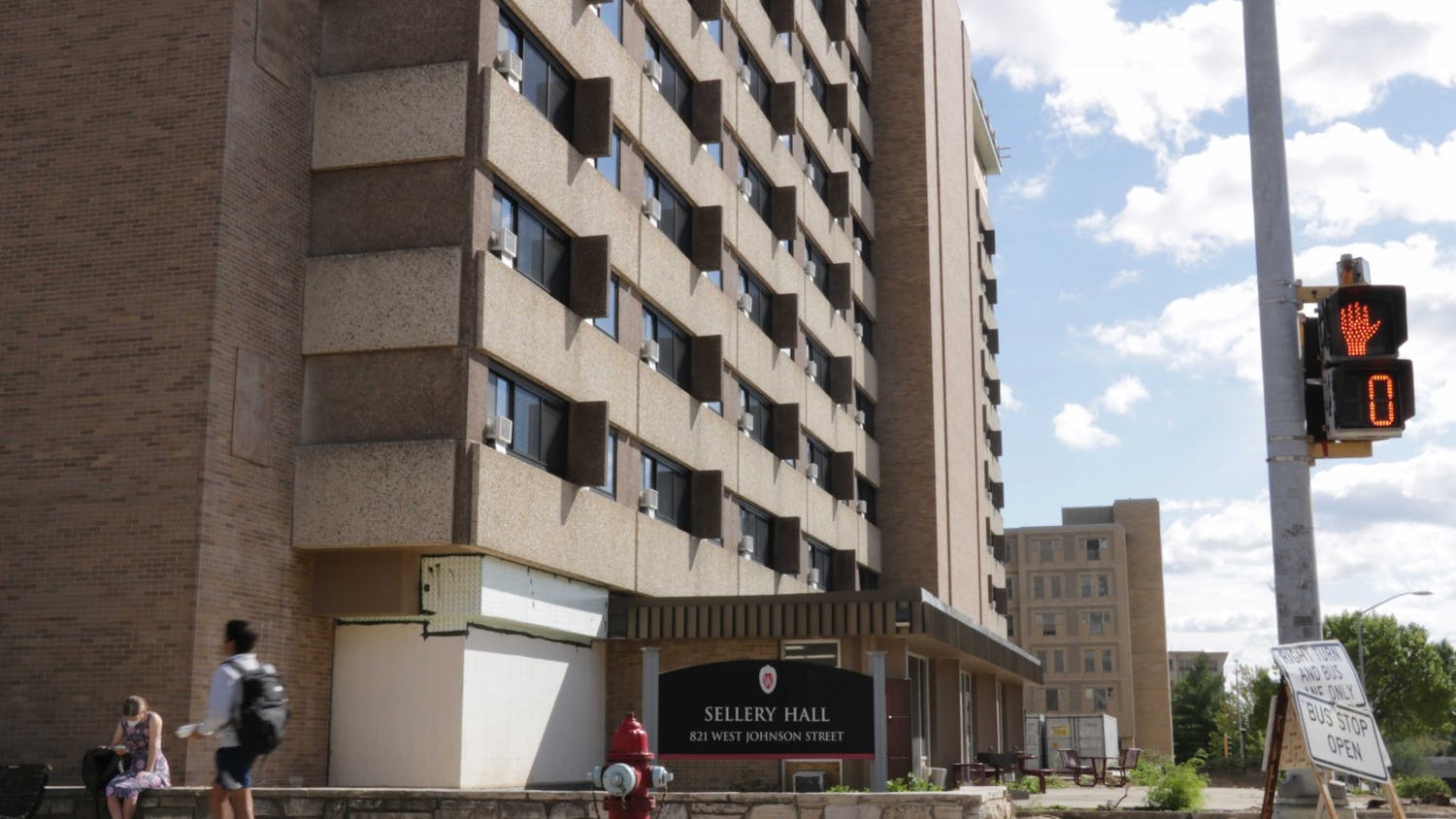The Farmers' Market represents more than a destination for grocery shopping. It stands for local commodities and community interactions with students, families and farmers standing shoulder to shoulder, talking to each other and eating fresh food. Furthermore, it stands for expanding local economy and a response to the health-care crisis.
Supporters of the current ""food movement,"" such as the much talked about author Michael Pollan, advocate for a shift in America's eating habits. Our culture has grown accustomed to eating highly processed, ""on-the-go"" substitutes for food on our way out the door, in the car or in front of the television. But the movement stands for more than staying away from processed foods with high-fructose corn syrup.
The food movement argues for a change in our behavior by moving away from grabbing a snack for the road to sitting down at the table for a home-cooked meal with family, friends and conversation. It is important to understand exactly where our meals come from and how that can affect progress on many other issues. This is a central point to the arguments of supporters like Pollan and others.
This is not a movement for people opposed to science and big corporations and this is definitely not a movement exclusively for environmentalists. It must be realized that our eating habits affect our communities, local economy and even health-care costs.
Actions such as shopping at the Farmers' Market allow community members to meet new people, interact with each other and eat delicious food together. Instead of rolling our carts down an aisle, trying to focus our eyes on which food-like substance to consume this time, we stroll around in the fresh air in direct contact not only with friends and family, but with the people who made our food. These actions build a community and strengthen the connections between members. They make grocery shopping pleasurable and even fun and add a sense of joy and celebration to our market-fresh meals.
Purchasing local food also supports the community financially. Local markets and co-ops keep the money flow from consumer to producer. Rather than purchasing produce from a supermarket corporation, and instead from a farmer who lives just outside of Madison, the shopper makes a conscious decision to support local jobs and economic growth.
Furthermore, eating fresh, local food can help people take control of the rising health-care costs in the country. The health care crisis has proven to be complicated with difficult issues and controversial solutions. One solution that would help lower the cost of medical bills is to be healthier. Not an easy task in our culture, to be sure, but a change in our food system could dramatically change America's health climate.
We ignore the intimate link between the health of our bodies and the food we put in them. Obesity, type 2 diabetes and heart disease remain top health risks across the country. All of these health problems can cost families thousands of dollars and relate to our diet. A dramatic change in our food system could prove to cause a dramatic drop in health-care costs.
The economic recession and health-care crisis continue to be major issues facing America today. As the food movement raises awareness and support, it is important to not brush it off as environmentalist propaganda. A reformation of our food system could affect change on many fronts. So think about changing your eating habits, even though you may not be ready to give up the Froot Loops just yet.
Molly Rivera is the Chair of the College Democrats in Madison. Please send responses to opinion@dailycardinal.com.





